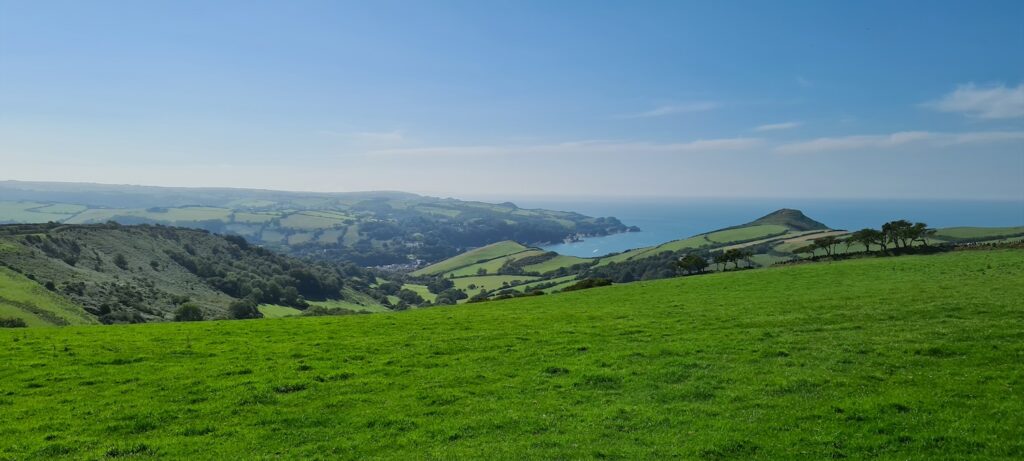Relaxed planning measures ‘worth thousands to farmers’
31st January 2021
The rise of the ‘staycation’ plus new rules that make it easier to run a temporary campsite, could offer a lucrative business opportunity for farmers.
Farmers and landowners could earn up to £7,000 a day by opening a temporary campsite during the holiday season, according to new figures from Pitchup.com.
New regulations that allow land-based businesses in England to operate a campsite without planning permission for 56 days, have now been extended to 2021 – described as ‘a real boom’ for the rural economy.
Previously, rural businesses could only operate a campsite for 28 days without planning permission, but this was extended in June last year to help the post-Covid recovery.
Temporary campsites are quick to set up, easy to manage and have minimal impact on the day-to-day running of a farm or business, says outdoor accommodation provider Pitchup.com. Currently, the extension only applies in England, but the UK’s devolved administrations are also expected to follow suit shortly.
There is high revenue potential, the company claims, with one permanent farm site in Pembrokeshire earning more than £230,000 in the last year and average annual takings topping £13,000.
Pitchup.com founder Dan Yates says: “Staycations have seen a surge in popularity over recent years and in the light of Covid-19, this trend will only get stronger.
“At the same time, agriculture is facing a less certain future as the Basic Payment Scheme is phased out from this year, meaning farm incomes could fall. Temporary campsites are a fantastic way of generating significant extra revenue with very little investment and next to no disruption to day-to-day business operations.
“And with sites able to operate for 56 days without planning permission throughout 2021, they’re a lifeline for struggling land-based business as well as a shot in the arm for remote rural economies.”
Setting up a temporary campsite
For farmers looking to make the most of the staycation’s current popularity, all that is needed to set up a campsite is hiring portable toilets and showers. Pitchup.com says it handles all bookings and payments.
Last year, the company saw more than 200 new temporary sites open up to take advantage of the extension to the planning permission exemption.
One such business was Girt Down Farm near Combe Martin, North Devon, where owners Paul and Lesley Nicholas rear a suckler herd of 60 Angus x Devons, put to a Limousin bull, and 500 Beulah Speckled Face ewes.
They decided to open as a campsite for the first time last year as the UK came out of the first Covid lockdown. By the end of the season, the campsite had generated around £22,000.
Lesley said: “We went live on Pitchup.com at teatime on August 8th and by bedtime, we had 30 bookings, including eight for the next day. It was a shock, but a good one.
“Pitchup make it very easy to get bookings. We’ll definitely be doing it again this year, and this time we’ll get Pitchup to take the money as well, so it will be even more streamlined.”
Paul added that operating the campsite had not interfered with the running of the farm. Despite the Beulahs living outside all year round, they lamb in April, meaning the campsite doesn’t operate during their busiest period.
“The campsite is open in our quieter times, so it complements the farm well,” he said.“A lot of the visitors walked down into the village and spent money there, so the wider community benefitted from the campsite. Many also showed a real interest in what we do, so it helped to educate them about farming and where their food comes from.
“If you’re looking at ways of diversifying your revenue stream, a temporary campsite is probably the quickest, easiest and least disruptive way of doing that.”
Lesley Nicholas is a director of the Exmoor Hill Farm Network, a Community Interest Company that provides a support hub for Exmoor’s farming community. It is funded by The Prince’s Countryside Fund and the Exmoor National Park Authority.

